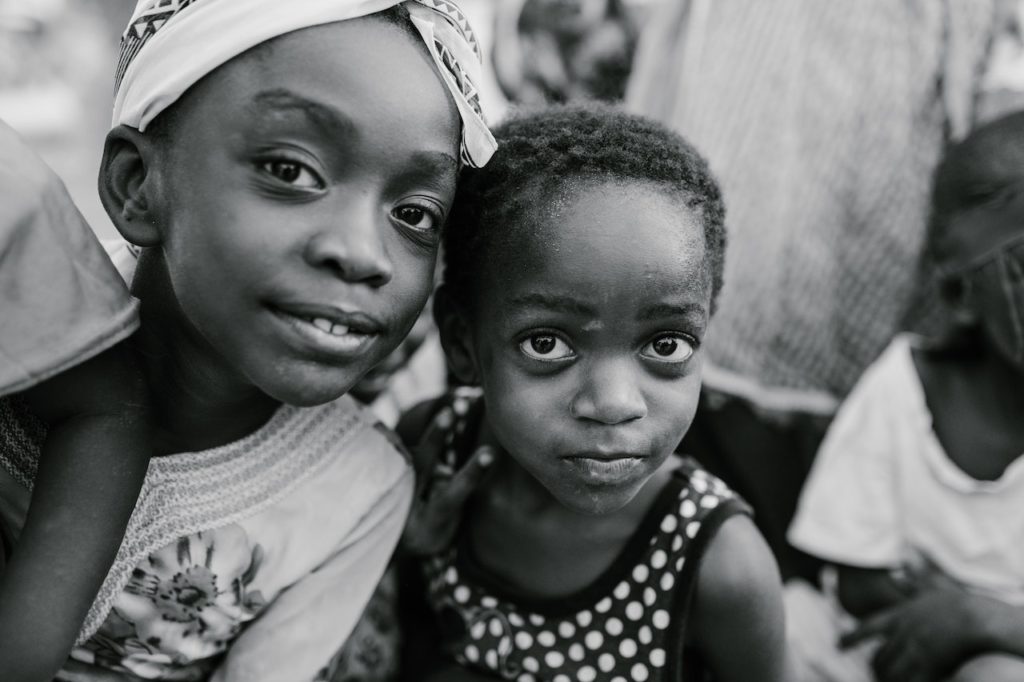Childhood trauma is a deeply distressing experience that can have long-lasting effects on an individual’s well-being. It encompasses a wide range of adverse events, including physical, emotional, or sexual abuse, neglect, witnessing violence, or experiencing a natural disaster. Overcoming childhood trauma requires a combination of self-reflection, support, and professional guidance. In this article, we will explore the impact of childhood trauma and provide practical strategies for healing and building resilience.

Understanding Childhood Trauma
Defining Childhood Trauma
Childhood trauma refers to experiences that overwhelm a child’s ability to cope, often disrupting their sense of safety, security, and trust. These adverse events can occur within the family, school, or community settings, leaving deep emotional wounds that persist into adulthood.
The Impact of Childhood Trauma
Childhood trauma can have significant psychological, emotional, and physical consequences. Individuals who have experienced trauma in their early years may struggle with anxiety, depression, low self-esteem, and difficulty forming healthy relationships. The effects of trauma can also manifest in behavioral issues, academic difficulties, and even physical health problems.
Overcoming Childhood Trauma: Steps to Healing
1. Recognize and Validate Your Experience
The first step in overcoming childhood trauma is acknowledging and accepting the impact it has had on your life. Validate your experience and understand that your feelings and emotions are valid. Seek support from trusted friends, family, or a therapist who can provide a safe space for you to share your story.
2. Seek Professional Help
Working with a qualified therapist or counselor who specializes in trauma can be immensely beneficial. They can help you navigate through the healing process, provide tools and coping strategies, and guide you towards building resilience. Therapy may involve various approaches such as cognitive-behavioral therapy (CBT), eye movement desensitization and reprocessing (EMDR), or dialectical behavior therapy (DBT).
3. Practice Self-Care and Mindfulness
Engaging in self-care activities is crucial for healing from childhood trauma. Take time for yourself, prioritize activities that bring you joy and relaxation, and develop healthy coping mechanisms. Mindfulness practices such as meditation, deep breathing exercises, and journaling can help you become more present, manage stress, and gain a better understanding of your emotions.
4. Build Supportive Relationships
Surrounding yourself with a supportive network of friends and loved ones is vital when overcoming childhood trauma. Seek out individuals who understand and empathize with your experiences. Joining support groups or engaging in group therapy can provide a sense of belonging and validation.
5. Challenge Negative Beliefs
Childhood trauma often leads to negative beliefs about oneself and the world. It is important to challenge these beliefs and replace them with more positive and realistic ones. Working with a therapist can help you identify and reframe negative thought patterns, fostering a healthier mindset.
6. Develop Healthy Coping Mechanisms
Finding healthy ways to cope with distressing emotions is key to overcoming childhood trauma. Engage in activities that promote relaxation and self-expression, such as art therapy, physical exercise, or practicing a hobby you enjoy. Developing effective coping mechanisms will help you navigate triggers and stressors in a more adaptive manner.
7. Foster Resilience and Growth
Overcoming childhood trauma is a journey towards building resilience and personal growth. Embrace the challenges you have faced as opportunities for learning and transformation. Celebrate your progress and acknowledge the strength you have developed through your healing process.
Conclusion
Overcoming childhood trauma requires time, effort, and self-compassion. By recognizing the impact of childhood trauma, seeking professional help, practicing self-care, building supportive relationships, challenging negative beliefs, developing healthy coping mechanisms, and fostering resilience, individuals can embark on a path towards healing and reclaiming their lives. Remember, you are not defined by your past experiences, and there is hope for a brighter future.
Frequently Asked Questions (FAQs)
1. Can childhood trauma be fully overcome?
Yes, with proper support and professional help, individuals can heal and overcome the effects of childhood trauma. It may take time, but it is possible to build a fulfilling and resilient life.
2. Is it normal to still be affected by childhood trauma as an adult?
Yes, it is normal to be affected by childhood trauma in adulthood. The impact of trauma can be long-lasting, but with appropriate interventions, individuals can learn to manage and heal from their past experiences.
3. How long does it take to recover from childhood trauma?
Recovery from childhood trauma is a highly individualized process, and the timeline varies for each person. It may take months or even years to achieve significant healing and growth.
4. Can I overcome childhood trauma on my own, without professional help?
While self-help strategies can be beneficial, it is recommended to seek professional help when dealing with childhood trauma. Therapists and counselors are trained to provide the necessary support and guidance throughout the healing process.
5. Is it ever too late to start healing from childhood trauma?
No, it is never too late to start healing from childhood trauma. Regardless of age, individuals can begin their journey of healing and experience positive changes in their lives.
In this comprehensive article, we have explored the topic of overcoming childhood trauma. By understanding the impact of trauma, seeking professional help, practicing self-care, building supportive relationships, challenging negative beliefs, developing healthy coping mechanisms, and fostering resilience, individuals can embark on a path towards healing and reclaiming their lives. Remember, healing is possible, and you are not alone in your journey.